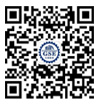From November 9 to 10, 2024, the School of Education (SOE) at Shanghai Jiao Tong University (SJTU) successfully held the 3rd Shanghai Forum for Education Excellence (SFEE 2024) on Minhang Campus. The forum, themed “Excellence and Innovation: The Challenge for Teacher Education in the Digital Age”, gathered nine renowned experts and seventeen young scholars from China, the United States, the United Kingdom, Germany, Spain, Denmark, Australia, South Korea, and other countries and regions. They delivered keynote speeches and took part in roundtable discussions on four sessions, working together to identify new and innovative approaches to the development of excellent teacher education.
Approximately 100 guests, faculty members, and students from SOE were in attendance at the event, while live broadcast of the keynote speeches online got around 10,000 views all around the globe.
The opening ceremony was presided over by LIU Niancai, Distinguished Professor and Dean of SOE and contributing to the proceedings were WU Jingyi, Vice Director of the University Council at SJTU and Director of the Shanghai Research Institute of STEM Education for Youth, and WANG Linyuan, Secretary of CPC SOE Committee and Director of Basic Education Office at SJTU. They expressed SFEE 2024 is intended to engage in in-depth discussions on cutting-edge topics such as interdisciplinary teacher training, enhancing teachers’ professional qualities, innovations in future teaching models, and future classroom design. They highlighted the need to stay up to date with the latest digital developments, spearhead educational innovation, foster closer collaboration, facilitate exchanges and cooperation in global educational research, and drive positive improvements in educational quality and teaching innovation.
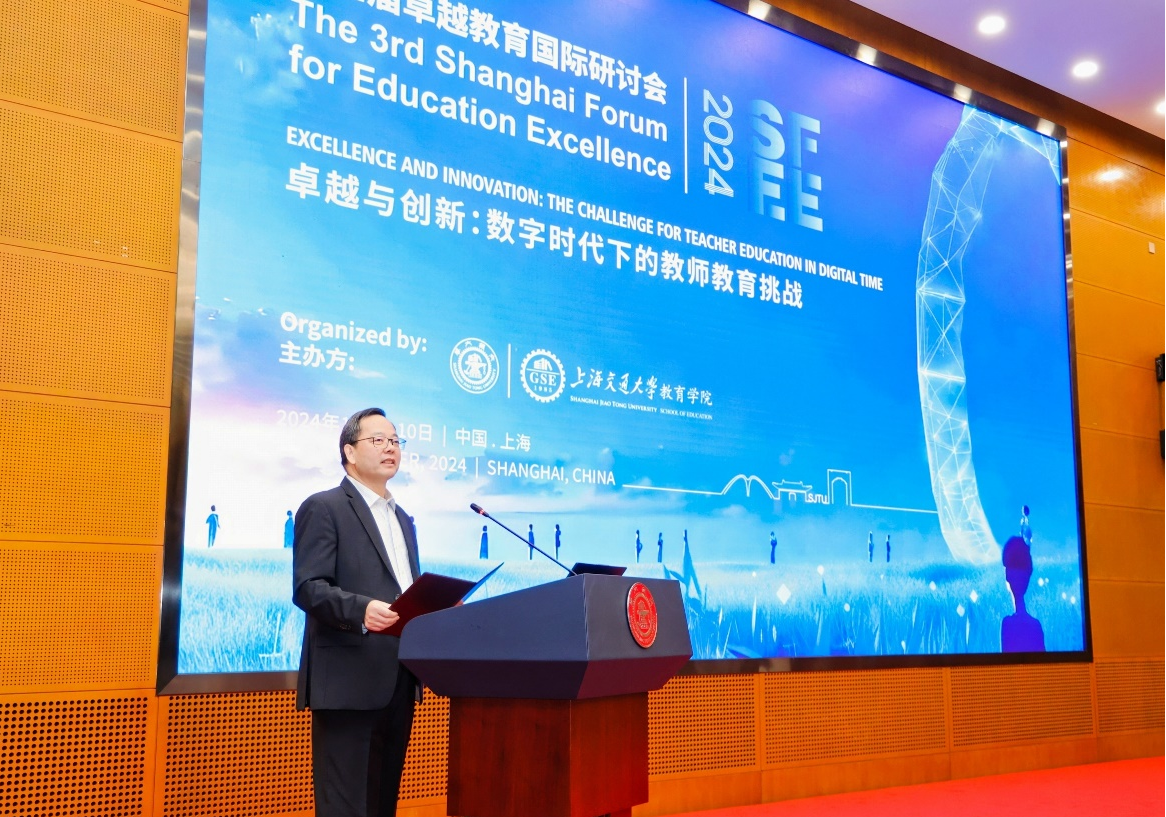
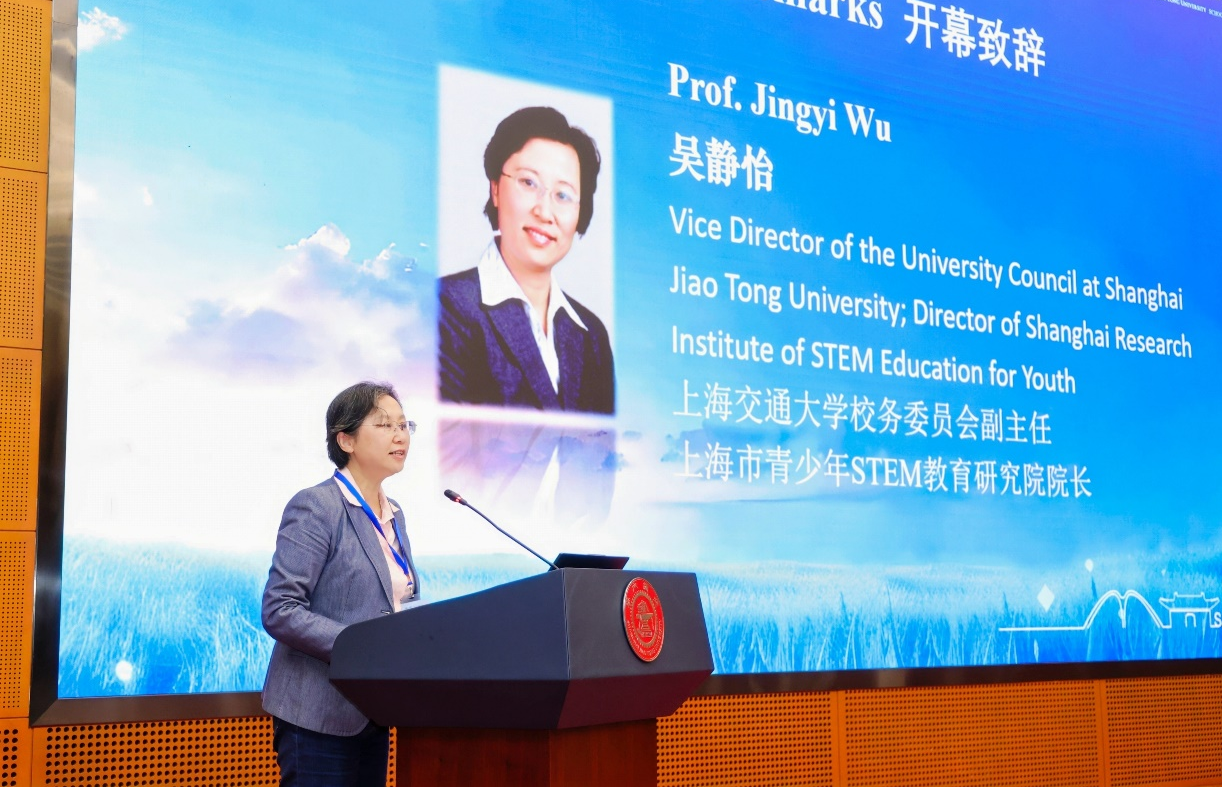
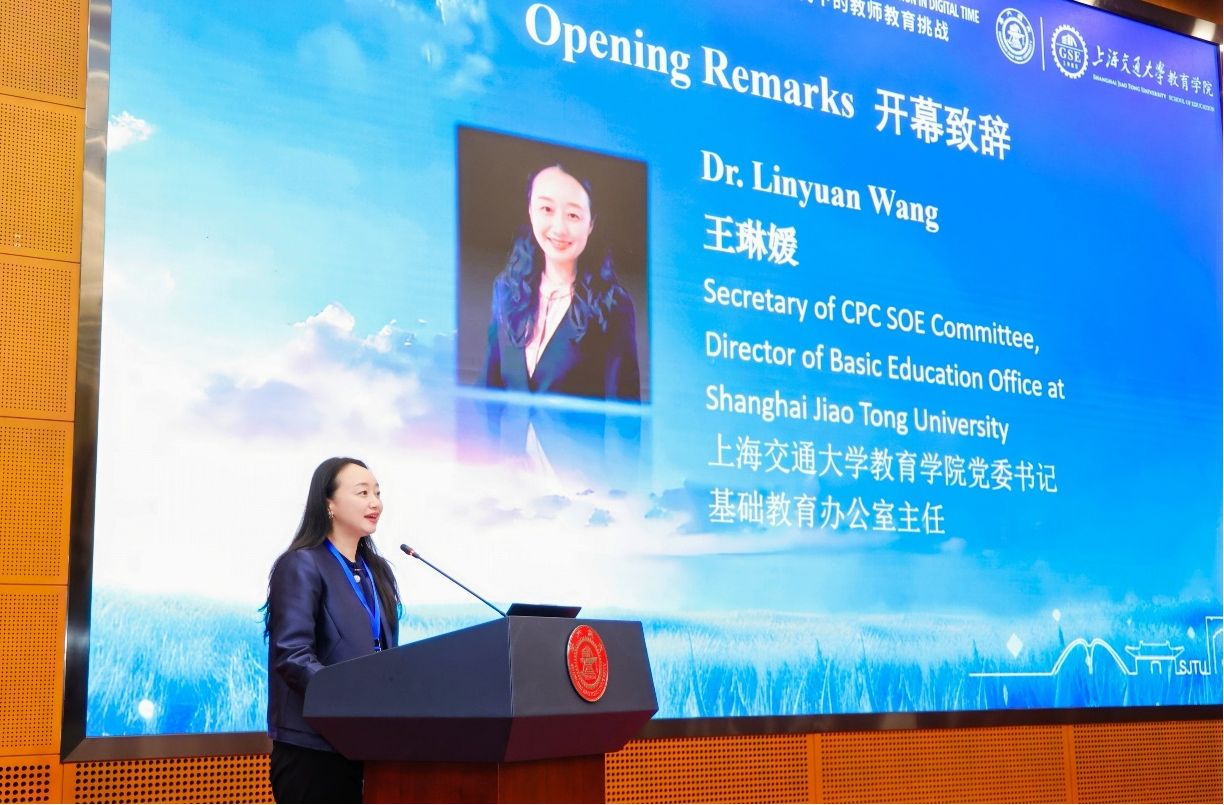
In Session 1, “Curriculum and Teaching Research in Language, Arts, and Social Studies”, Linda TSUNG, Professor of Applied Linguistics, Chinese Studies, and Multilingual Education in Faculty of Arts and Social Sciences at University of Sydney, examined the emotional factors in language learning and the relationship between enjoyment and the learning environment among second language learners, with a focus on Chinese second language learners. Dinky, LAU Kit Ling, Professor and Associate Dean of the Faculty of Education at the Chinese University of Hong Kong, outlined the process of adapting Western teaching models and building new Chinese teaching models, with the application of autonomous learning and flipped classroom teaching models in Chinese teaching as a case study.
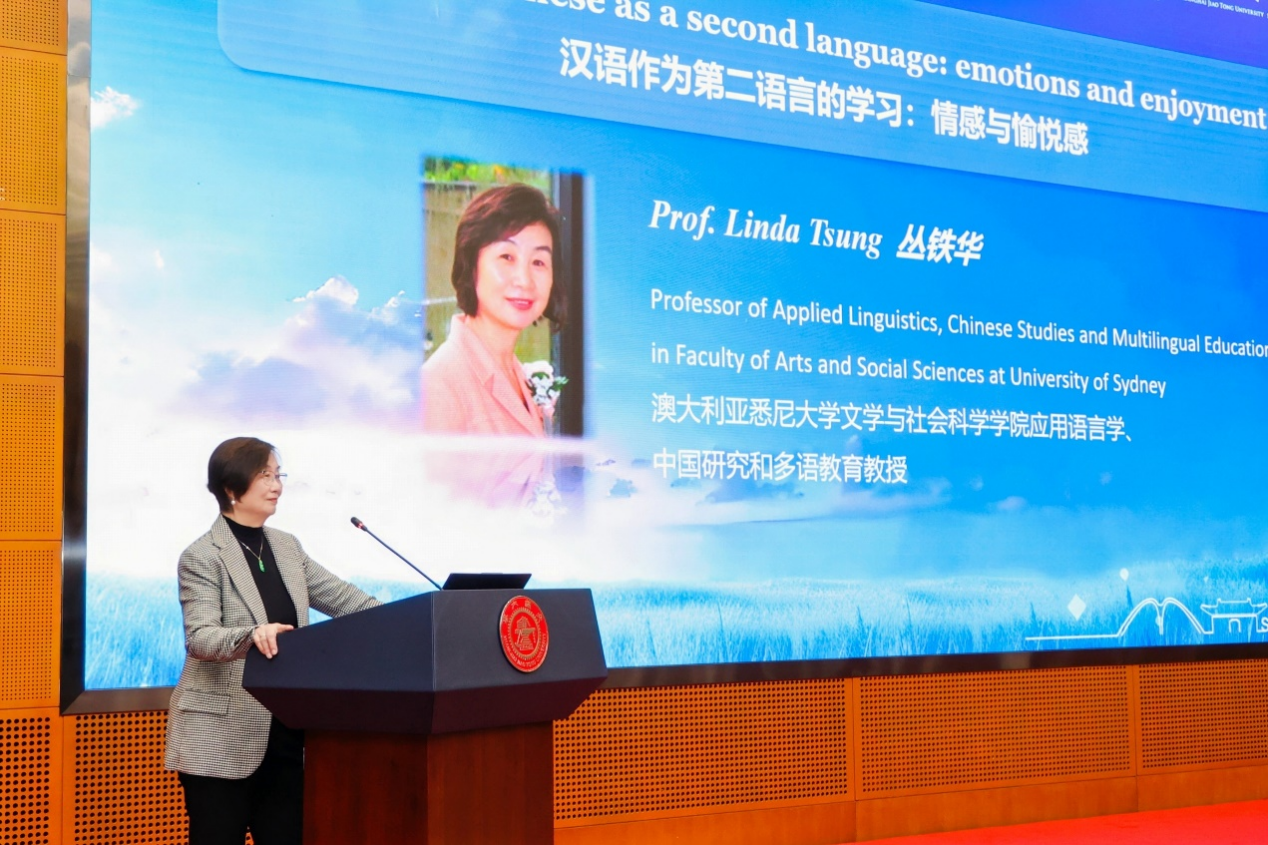
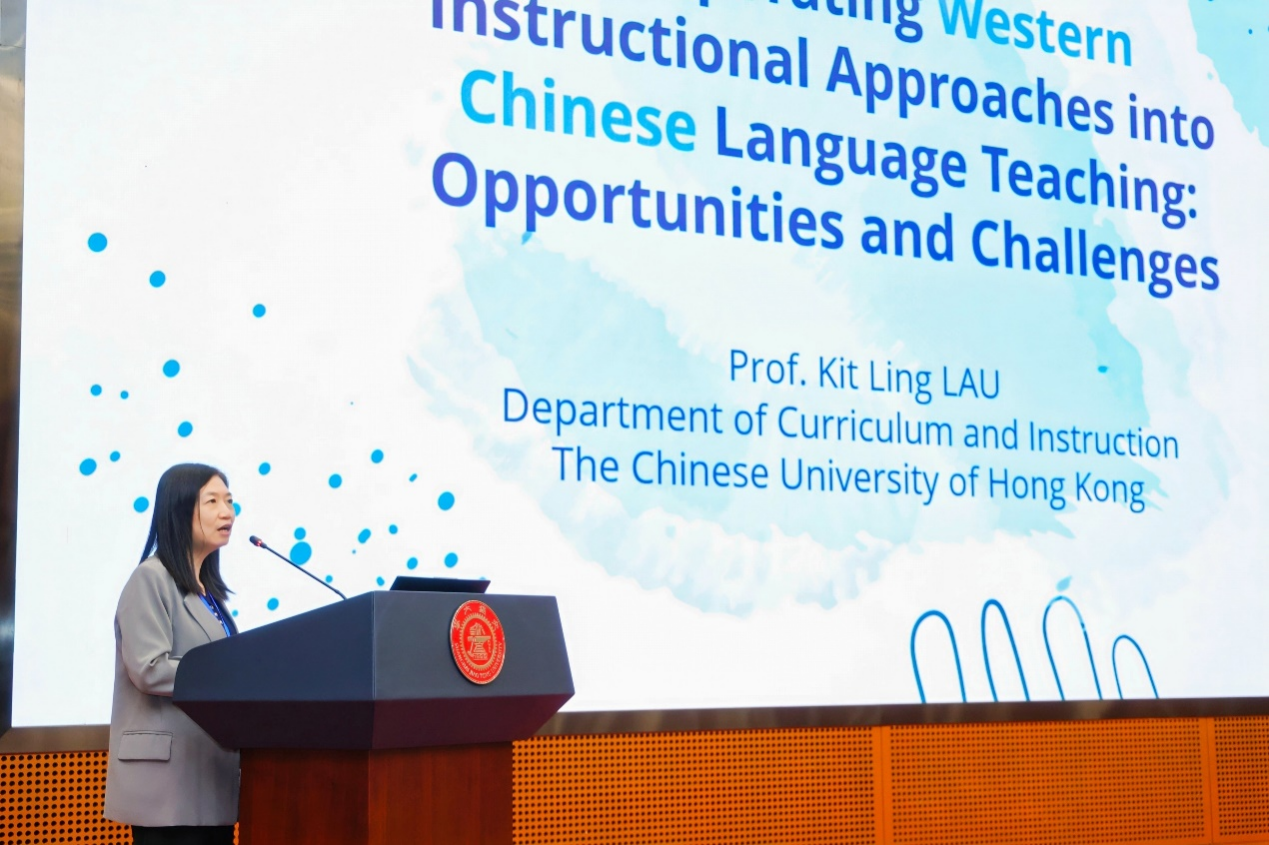
During the roundtable discussion, young scholars including GUO Wenjuan from SJTU, GUO Xiaoyan from University of International Business and Economics, LI Weitong from Zhejiang Normal University, YANG Chengyu and YE Wangbei, from East China Normal University shared their teaching practices and scientific research results on the topic of “Interdisciplinary Approach to Teaching: Possibilities, Opportunities and Challenges.” The discussion refers to cultivating teachers' interdisciplinary thinking, the aspects of interdisciplinary thinking to focus on, and the crucial role of teachers in nurturing interdisciplinary talents.
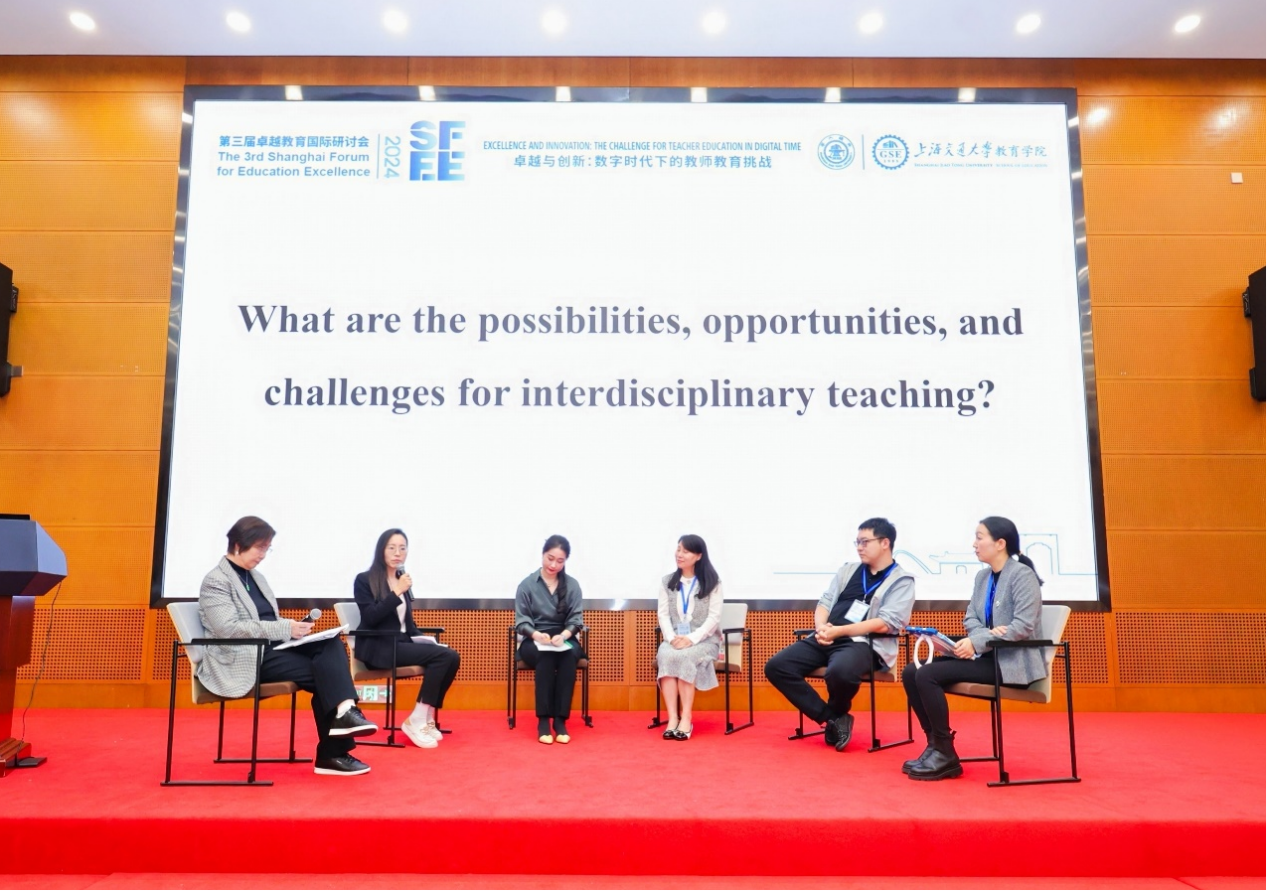
In Session 2, “Research on Teaching and Learning of Mathematics and Science Education”, Samuel PAZICNI, Assistant Professor of Chemistry Education at University of Wisconsin-Madison and Chair of the Supporting Excellence in Higher Education within the American Chemical Society’s Committee on Education, provided a comprehensive overview of cognitive models for undergraduate students on chemical bonds, light-matter interactions, and molecular symmetry. Furthermore, he addressed the importance of acquiring knowledge resources through multiple channels for undergraduate chemistry teaching, based on the theoretical framework of “fragmented knowledge”. Carl WINSLØW, Professor of Mathematics Education at University of Copenhagen and President of European Society for Research in Mathematics Education, elaborated on the complexity and criticality of mathematics teachers’ professional qualities. He also shared practical experience from Copenhagen University in strengthening the connection between contemporary mathematics and secondary education, as well as in cultivating teachers' independent exploration and technological application.
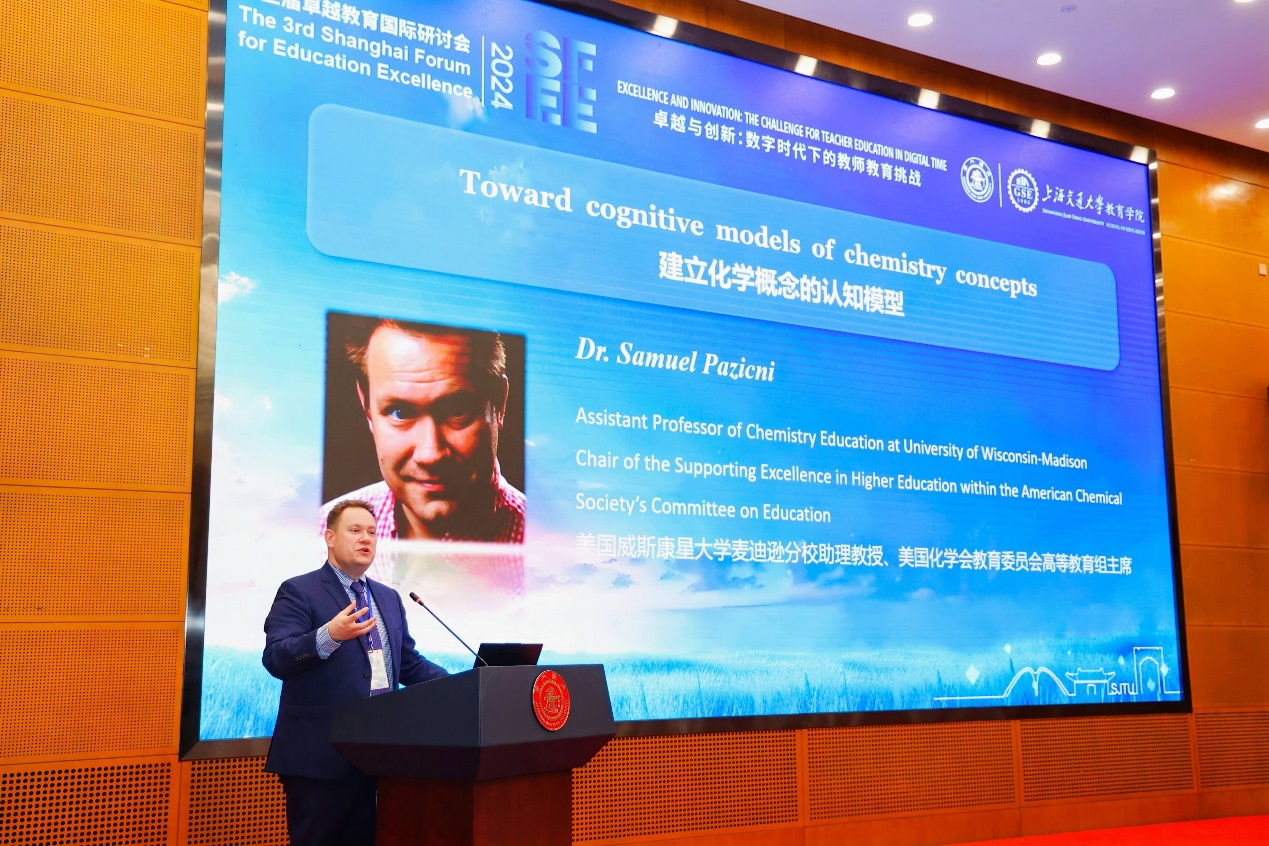

During the roundtable discussion, young scholars CUI Qi from Shanghai Jiao Tong University, ZHU Guangtian from JiMei University, CHEN Xiaoge from Sichuan Normal University, and LIU Di from East China Normal University, presented an in-depth overview of their current research focuses, research priorities, and the global commonalities of research on the topic of “Chinese Research on Mathematics and Science Education at the International Scene”.

In Session 3, “Teacher Education: Theory, Practice, and Policies”, Justin DILLON, Professor of Science and Environmental Education at University College London and President of the National Association for Environmental Education, highlighted the critical importance of science and environmental education in addressing climate change and sustainable development. He underscored the necessity for innovative content and methods, as well as expanded learning environments, to enhance students’ comprehension of science and prepare them for future environmental challenges. Javier M. VALLE, Professor of European Education in Autonomous University of Madrid and Coordinator of the Researching Group on “Supranational Policies of Education”, provided a comprehensive overview of the “9:20” teacher competency assessment model. He highlighted the necessity for teacher competency assessments in the digital age to be multidimensional, multisituational, and multi-agent. Gabriele KAISER, Senior Professor of Mathematics Education at University of Hamburg in Germany and Editor-in-Chief of “ZDM -Mathematics Education”, presented an analysis of the impact chain of teacher competence on students' learning progress, with the TEDS-M research project serving as a case study. She advocated that teachers should be sensitive to students’ performance and feedback during the learning process and adjust their teaching strategies accordingly to effectively improve teaching quality.
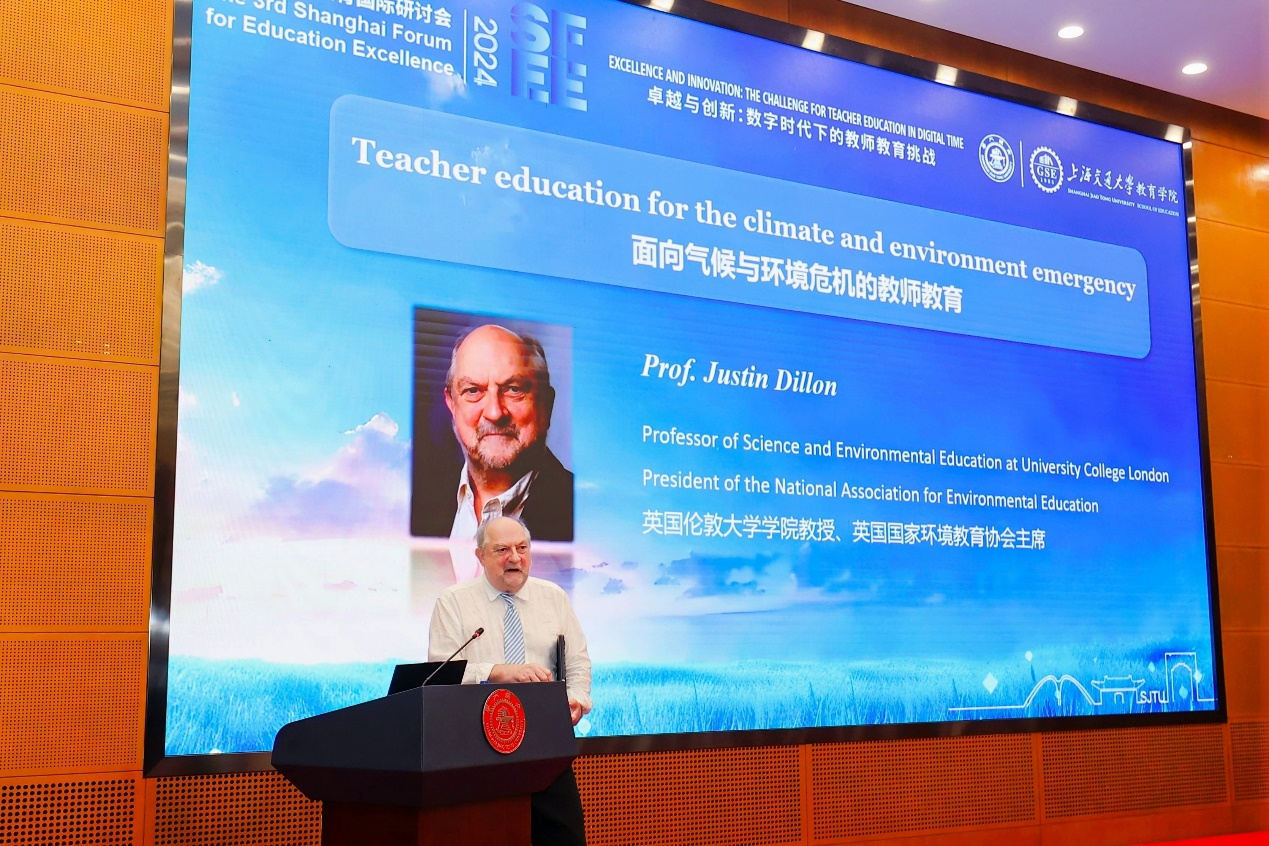
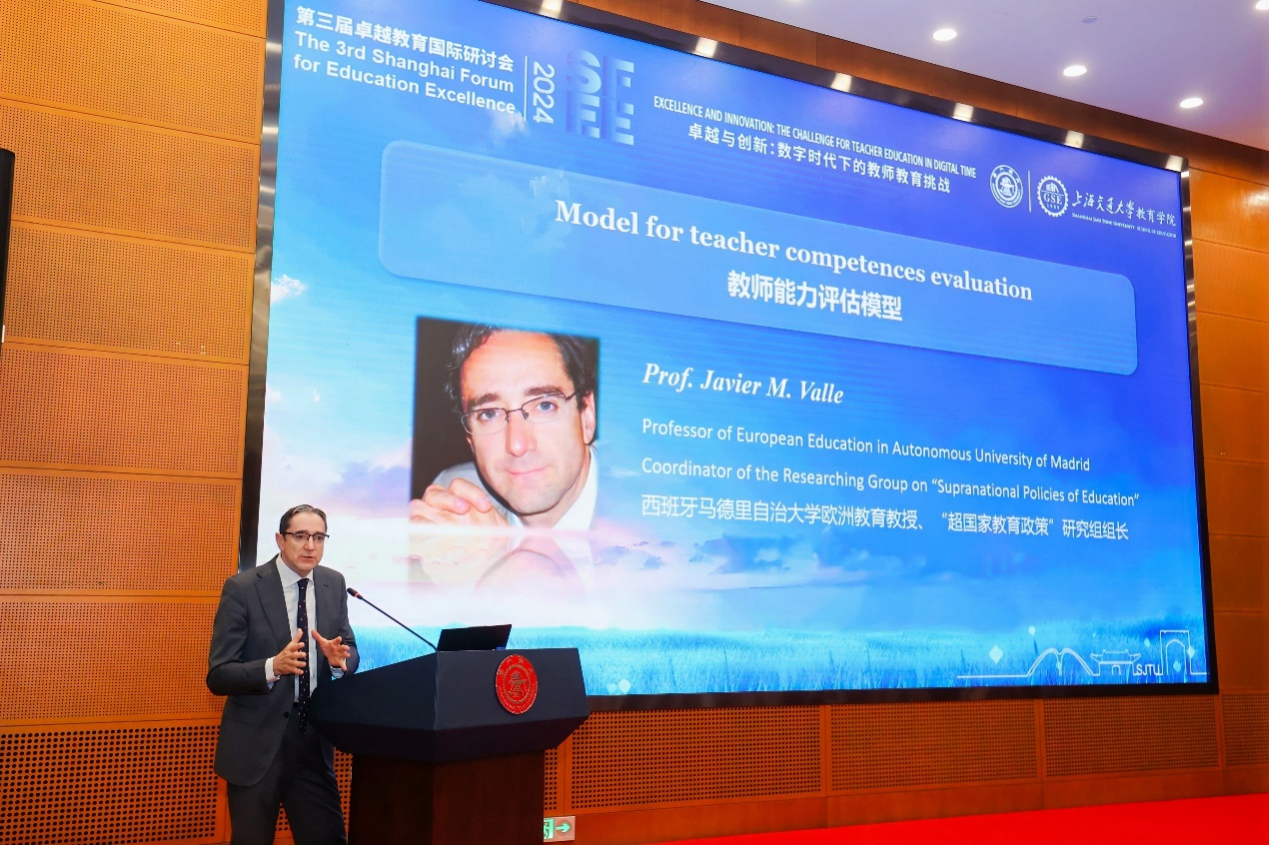
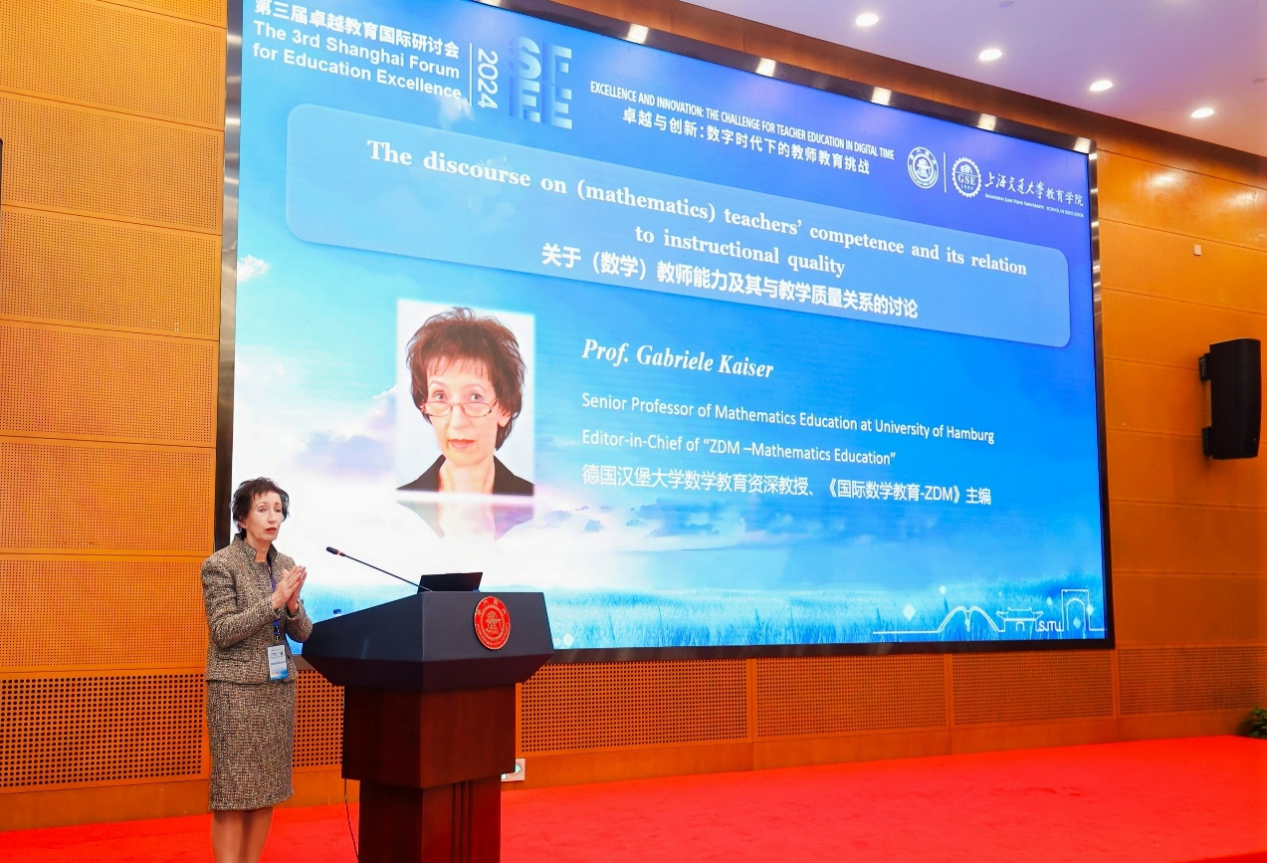
During the roundtable discussion, young scholars YE Juyan from Beijing Normal University, ZHANG Jun from Shanghai Jiao Tong University, YAN Xiaomei from Southwest University, and ZHUANG Yu from East China Normal University engaged in detailed discussions on the topic of “The Opportunities and Challenges Faced by Comprehensive Universities on Teacher Education”.
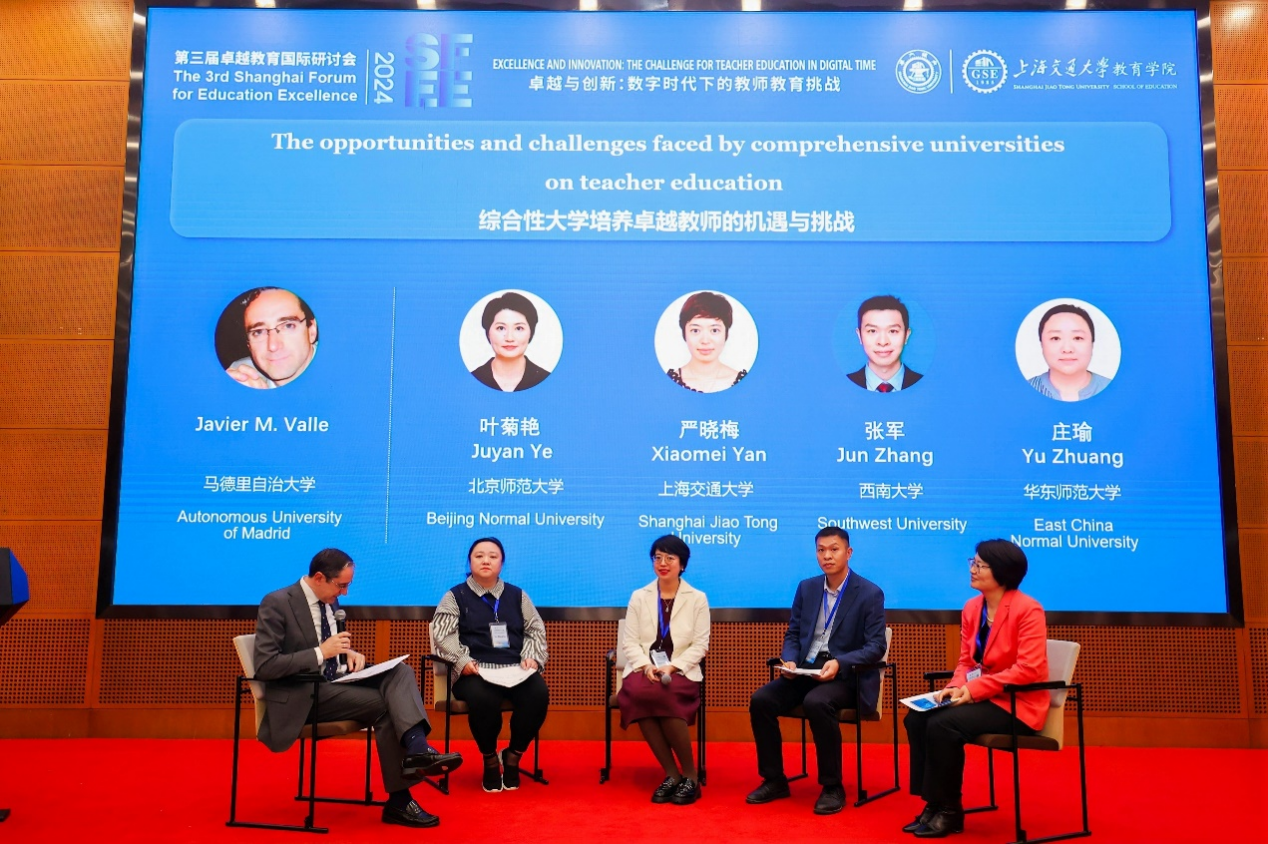
In Session 4, “Design and Innovation of the Future Classroom”, Mimi BONG, Professor of Educational Psychology and Director of Brain and Motivation Research Institute at Korea University, outlined the various factors influencing students' pursuit of academic achievement. She analyzed the impact of students’ achievement motivation on academic performance through multiple empirical research results. She emphasized that teachers should encourage students to pursue self-growth and ability progress rather than merely focusing on the growth of superficial grades. John HOPCROFT, Professor Emeritus in Computer Science at Cornell University, Member of the National Academy of Sciences, Member of the National Academy of Engineering, and Foreign Member of the Chinese Academy of Sciences, reiterated the essence of education as nurturing people. He advocated that AI technology should have a greater impact on the content of teaching than on the teaching process itself, and that teacher-student interaction remains a core element in improving educational quality. He also provided recommendations for improving talent cultivation models and enhancing the quality of Chinese university education.
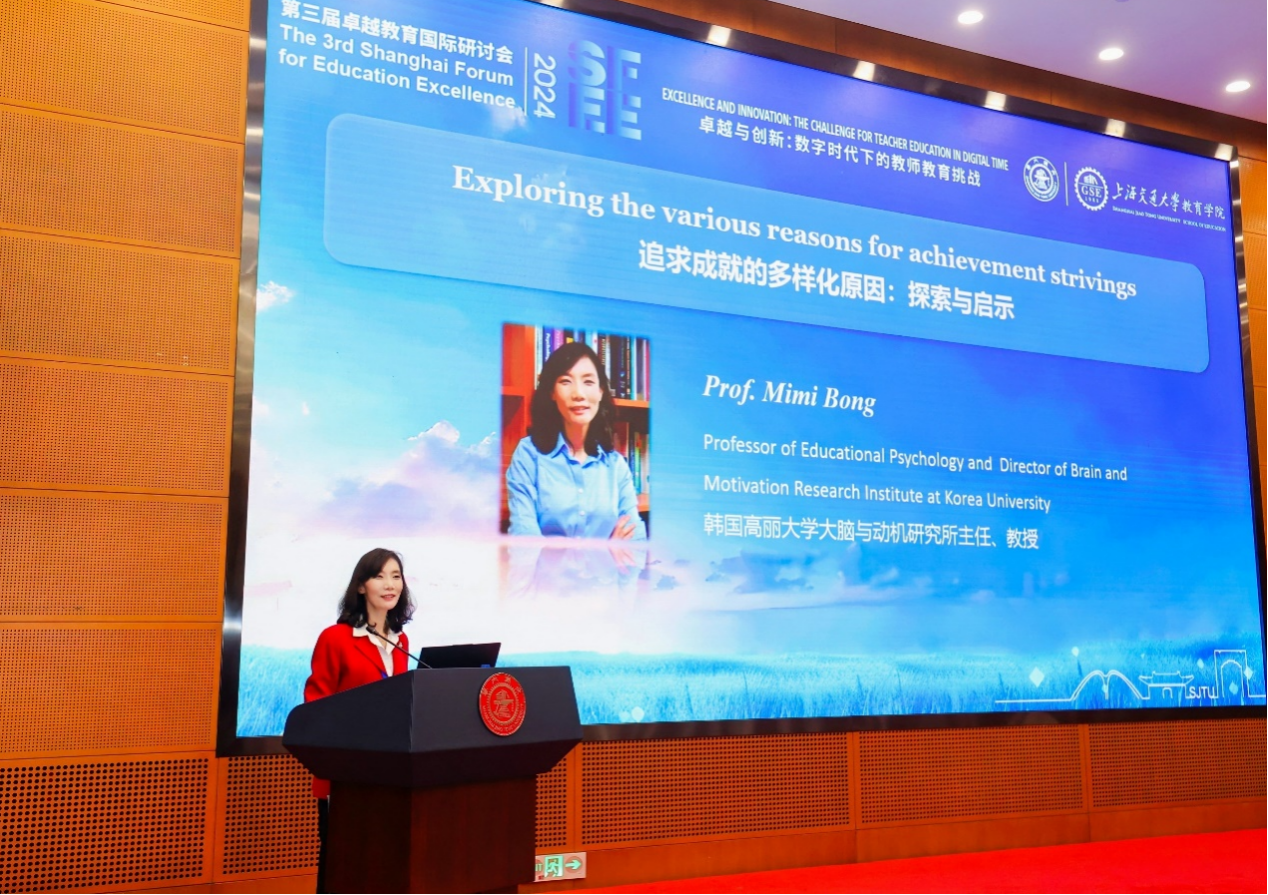
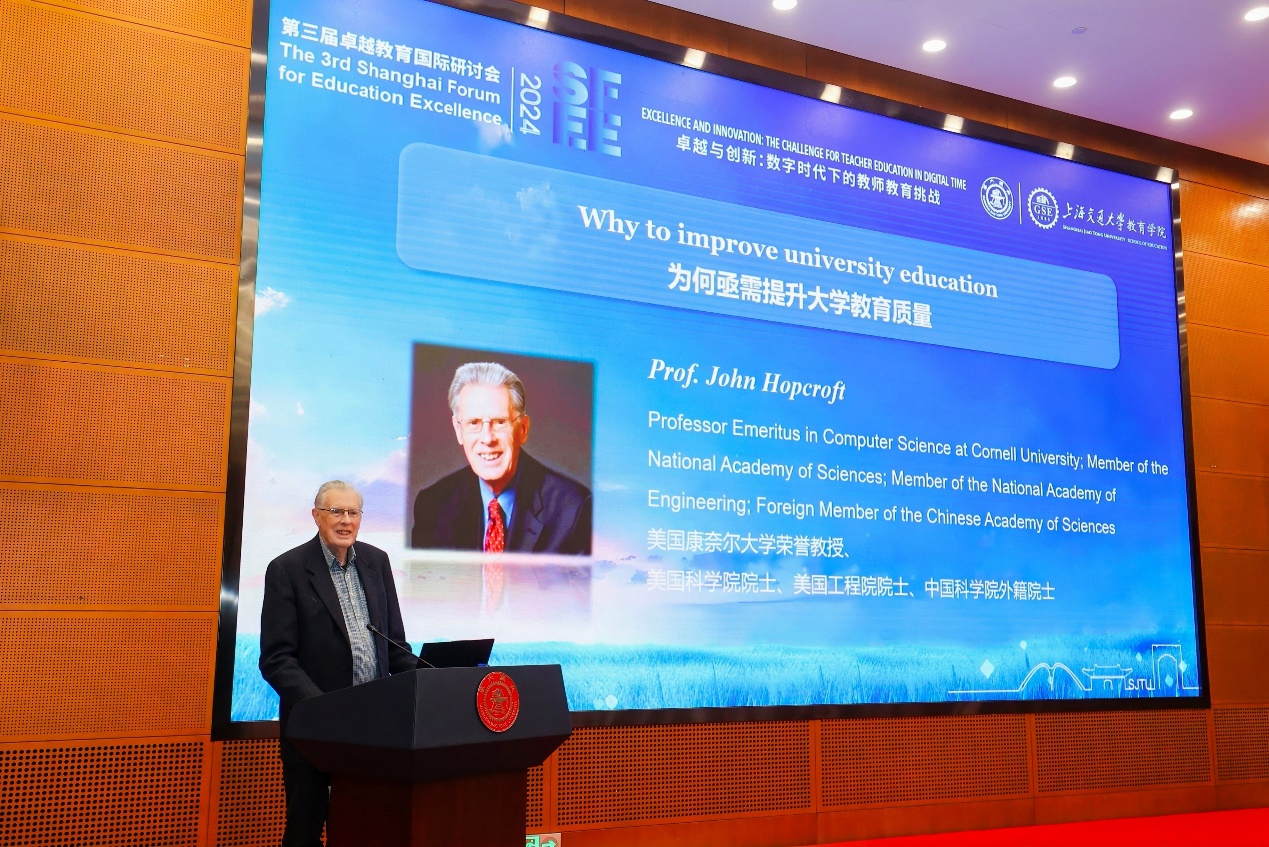
During the roundtable discussion, young scholars CAO Lu from Shanghai Jiao Tong University, MA Shufeng and SHI Yuchen from East China Normal University, and WANG Jue from University of Science and Technology of China presented innovative viewpoints and practical suggestions on the topic of “Innovative Classroom Design to Address Future Challenges”. The discussion focused on key issues such as the models, challenges and coping strategies of future classroom education.
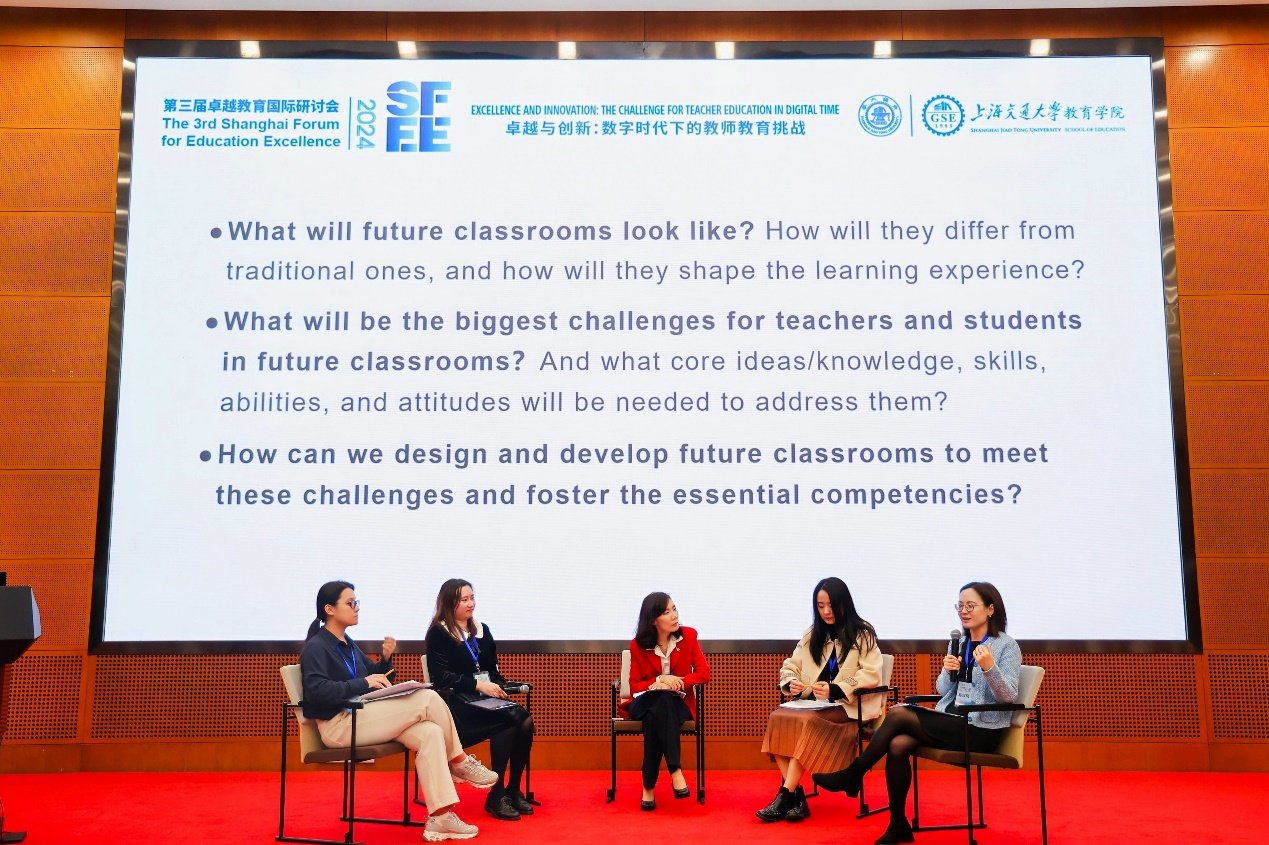
The closing ceremony of the conference was hosted by Professor XU Binyan, Director of Center for Curriculum and Instruction of SOE at SJTU. Professor FENG Zhuolin, Assistant Dean of SOE at SJTU, introduced and shared the SOE’s latest academic publication Education in China and the World. She invited colleagues worldwide to contribute best practices and inspiring stories of China’s educational stories to jointly write a wonderful chapter for the future of education. Professor XU thanked all the experts and young scholars for their insightful sharing and looked forward to more fruitful exchanges and cooperation in the future.
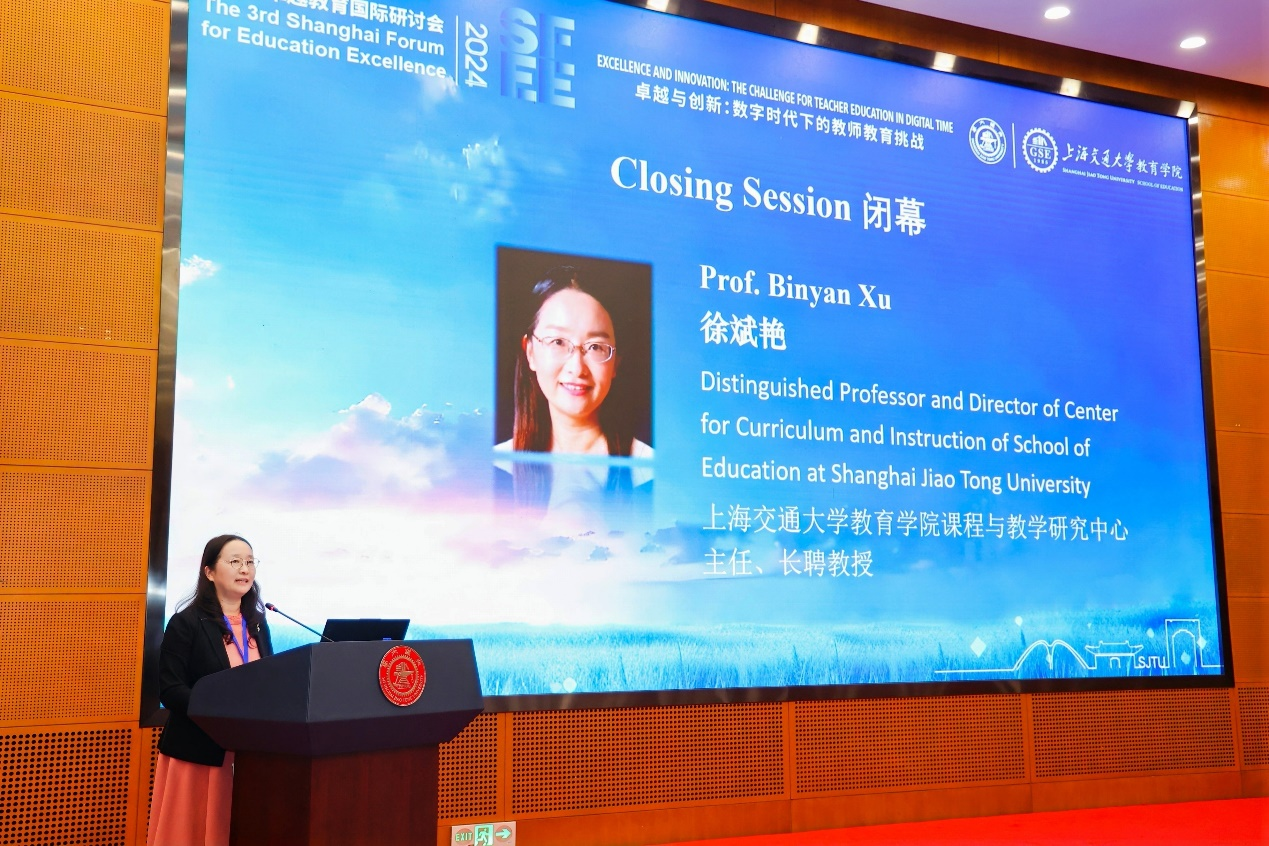
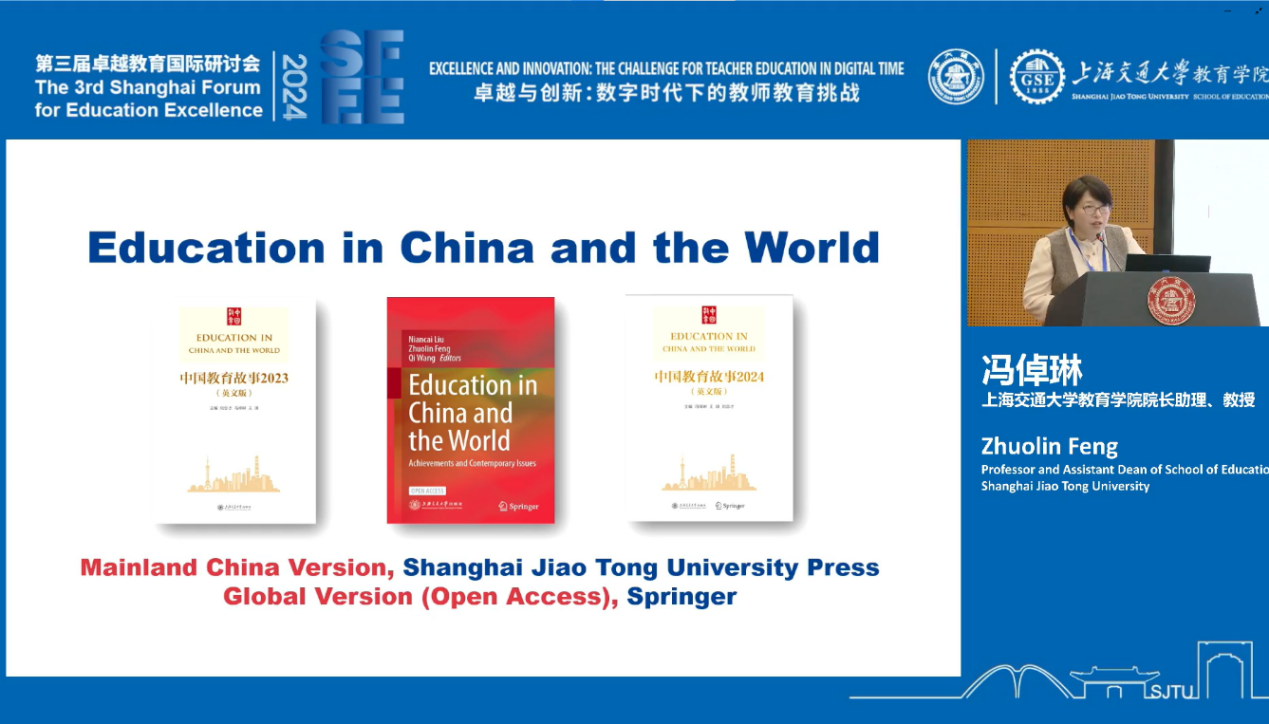
SFEE is a leading academic brand, established following the establishment of SOE at SJTU. To date, three sessions have been successfully held, with the objective of creating a platform for experts and scholars in the field of global education to exchange ideas and promote the future development of global education. SOE is committed to constructing a future-oriented teacher education system, promoting the deep integration of educational theory and teaching practice. In recent years, we have focused more on educational innovation in the digital age, continuously optimizing teacher training programs, and exploring the growth path of excellent teachers through multi-level and multi-dimensional academic activities and international cooperation. It actively responds to the demands of global educational reform and contributes wisdom and strength to advancing the global education cause.
Written by ZHANG Shimin
Proofread and Edited by CHEN Ruoxi




















